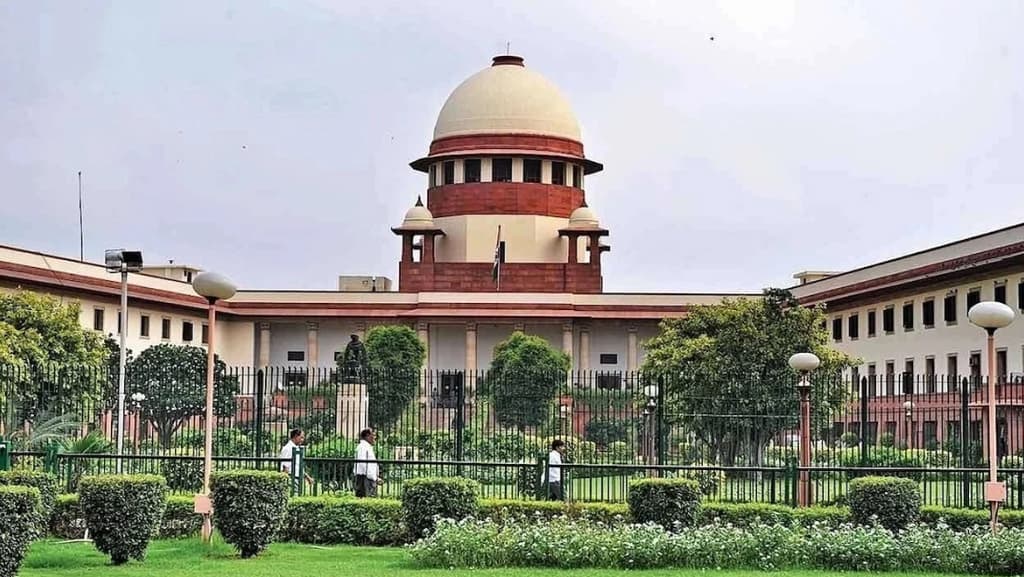
India Supreme Court Orders Immediate Release of Convicts Held Beyond Sentence
Apex court directs states and UTs to free prisoners who have served their term, flagging the systemic failures behind illegal detentions.
The Supreme Court on Tuesday ordered the immediate release of all convicts who remain imprisoned despite having completed their sentence.
A bench of Justices BV Nagarathna and KV Viswanathan issued the directive while hearing a plea filed by Sukhdev Yadav, alias Sukhdev Pehalwan, convicted in the 2002 Nitish Katara murder case. The court clarified that prisoners should be released without delay if they have served their full term and no other cases are pending against them.
Pehalwan, who had completed his sentence, was ordered to be freed. The bench further instructed that a copy of the order be sent to the National Legal Services Authority (NALSA), which will forward it to all District Legal Services Authorities to ensure swift compliance.
Case Background
In June, the Supreme Court granted Pehalwan a three-month furlough after he challenged a November 2024 Delhi High Court decision rejecting his plea. The bench noted that he had already served his 20-year term in full. Convicted alongside him were Vikas Yadav, son of former UP minister DP Yadav, and his cousin Vishal Yadav, each serving a 25-year term without remission for kidnapping and murdering Katara over his alleged relationship with Vikas Yadav’s sister.
A persistent Problem
The verdict has drawn attention to a chronic issue -- convicts and undertrials remaining behind bars despite bail orders or sentence completion.
In June this year, the apex court ordered the Uttar Pradesh government to pay ₹5 lakh to a man held for 28 days after being granted bail due to a clerical error. In September 2023, the Gujarat High Court directed the state to compensate an accused ₹1 lakh for spending three years in jail post-bail, after authorities overlooked an emailed court order during the COVID-19 pandemic. The Delhi High Court, in October 2023, even ordered compensation from police salaries for the illegal half-hour detention of a man without formal arrest or case registration.
Call for Systemic Reform
Such incidents highlight the absence of a robust legal mechanism to prevent and address illegal detention in India. While Article 21 of the Constitution provides a basis for relief, there is no dedicated legislation for compensating victims or holding authorities accountable. By contrast, Article 9(5) of the International Covenant on Civil and Political Rights -- ratified by India --guarantees an enforceable right to compensation for unlawful detention.
Experts say the lack of a centralised tracking system for inmates and standardised procedures to enforce release orders perpetuates these injustices, leaving courts to address them only on a case-by-case basis.
For any enquiries please fill out this form, or contact info@thelawreporters.com Follow The Law Reporters on WhatsApp Channels